What data recovery tools to buy if you want to start a data recovery business?
Free video data recovery training on how to recover lost data from different hard drives?
Where to buy head and platter replacement tools at good prices?
Data recover case studies step by step guide
I want to attend professional data recovery training courses
“Recover Overwritten data, is this possible?” This article indicates two different answers to this the question as following.
When data have been physically overwritten on a hard disk it is generally assumed that the previous data are no longer possible to recover.
In 1996, Peter Gutmann, a respected computer scientist, presented a paper that suggested overwritten data could be recovered through the use of Scanning transmission electron microscopy. In 2001, he presented another paper on a similar topic.
Substantial criticism has followed, primarily dealing with the lack of any concrete examples of significant amounts of overwritten data being recovered. To guard against this type of data recovery, he and Colin Plumb designed the Gutmann method, which is used by several disk scrubbing software packages.
The idea behind this is based on the fact that the read/write heads are never precisely positioned over the same exact area twice and that by using electron-microscopes (Scanning Tunneling Microscopy) it would be possible to find a ‘shadow’ of the previously written sector.
The hard drives mentioned in this 1996 paper are MFM and RLL drives, which were the first generation of hard drives used for personal computers (IBM called them the Winchester drives). The largest MFM and RLL drives made got up to about 130MB in size and were quickly replaced by IDE/ATA hard drives. At the time Professor Gutman’s paper was published, the MFM/RLL hard disk technology was already 10 years old. [See the time lines of hard driver here and here].
Technology has continued to advance for hard drives and the most important advances have been in the form of higher bit density per square inch. Getting the data that small has required evolutionary changes in magnetic storage and head design. When Professor Gutman did his research, the track spacing between groups of sectors was very wide and the bit density was low, thereby providing a valid means of recovering a shadow of the previous sector. Of course if you could only read just the top level of bits per sector that had not been overwritten, you would only be able to recover an extremely small percentage of the original sector–at best you would only be able to recover just a small sliver of the original sector.
Today’s hard disks have a bit density far greater and the track sizes are extremely small–down to the nano scale in size. Notice the advances in the past 10 years:
1996: IBM stores 5 billion bits per square inch on a platter.
2006: Hitachi stores 345 gigabits per square inch using perpendicular magnetic recording.
For a detailed overview of today’s technology, read of the feature, Hard disk-drive technology revolutionizes processing.
Daniel Feenberg highlights some other interesting points about this topic.
The notion that overwritten sectors can be recovered by searching for ‘shadow’ copies on today’s hard drives is false.
“There is no chance of recovery with overwritten clusters. The bit density on hard disk drives is so great now that when the magnetics are rewritten, the data is gone,” he said. Barry is Ontrack’s Remote Data Recovery Manager and has 10 years of experience recovering files for private business as well as government agencies.
There are different voices to the question: ‘Recover Overwritten data, is this possible?’ So what do you think? Can you comment on this article and give your tips and supporting proofs.
Well, we hope there will be such a new and good technology to recover data from overwritten partitions.
Data recovery Salon welcomes your comments and share with us your ideas, suggestions and experience. Data recovery salon is dedicated in sharing the most useful data recovery information with our users and only if you are good at data recovery or related knowledge, please kindly drop us an email and we will publish your article here. We need to make data recovery Salon to be the most professional and free data recovery E-book online.

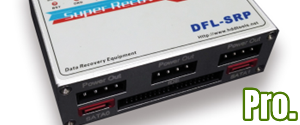
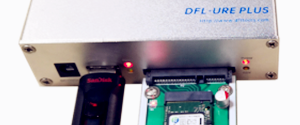
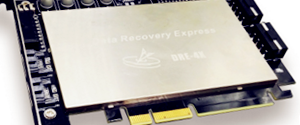

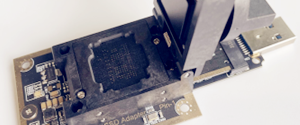
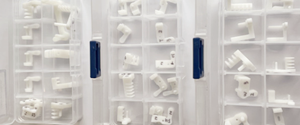
Comments are closed
Sorry, but you cannot leave a comment for this post.